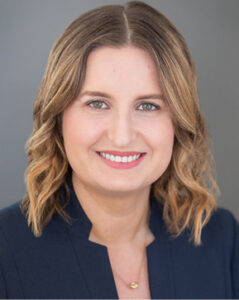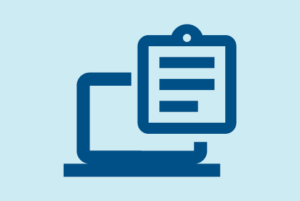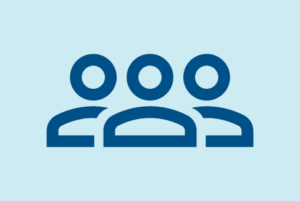The Centers for Medicare & Medicaid Services (CMS) has issued the attached final rule implementing the Physician Quality Payment program as required by the Medicare Access and CHIP Reauthorization Act of 2015 (MACRA). In response to comments from CHA and other stakeholders, CMS has finalized a number of changes that increase flexibility for the Merit-based Incentive Payment System (MIPS) and for qualifying for incentive payments through participation in advanced alternative payment models (APMs).
Among the changes finalized, CMS has codified its previous announcement that physicians will be able to pick their own pace under MIPS for the 2017 transition year. Specifically, CMS will allow MIPS-eligible clinicians to avoid a negative payment adjustment by submitting a minimum amount of data (for example, one quality measure or one improvement measure). CMS has also finalized an option of a continuous 90-day MIPS reporting period that would allow clinicians to receive a neutral or modest payment increase, depending on performance. Clinicians who choose to report for more than 90 days up to a full year would be eligible for moderate positive payment adjustments.
Other changes to the MIPS requirements include a reduction from 11 to five required measures in the Advancing Care Information category; a reduction in the measure completeness thresholds from 80 percent to 50 percent of Medicare patients in the quality category; a reduction in required improvement activities measures, formerly referred to as Clinical Practice Improvement Activities, from six to four; and changes to some measures in the cost category. In addition, while CMS will calculate and report on data for measures in the cost category, the category will not count toward a clinician’s score for payment adjustment purposes in 2017.
CMS has also made changes to its requirements for advanced APMs, which it says will allow for a significant increase in participation in these models by 2018. Among the changes finalized, CMS will relax its nominal risk standards and is exploring opportunities for expanding existing models and creating new APMs that will meet the lower risk standards. This would include the creation of a Medicare Shared Savings Program (MSSP) Track 1 Plus that would incorporate more limited downside risk than Tracks 2 and 3 and be open to current MSSP Track 1 participants, as well as new participants. CMS will announce more information about this model in the future.
CHA is pleased that CMS has considered stakeholders’ comments in revising the agency’s proposed policies and looks forward to addressing its remaining concerns in the comment period. CHA is committed to working with its hospitals, physician partners and CMS as implementation proceeds on Jan. 1. In addition to the final rule, CMS has made a number of resources available, including an executive summary, a fact sheet and an interactive website. CMS will accept comments on the final rule for 60 days following publication in the Federal Register.
CHA will continue to post resources as they become available to its members-only MACRA Resource Page. Additional detailed information on the final rule will be shared with members through CHA News in the coming weeks.



